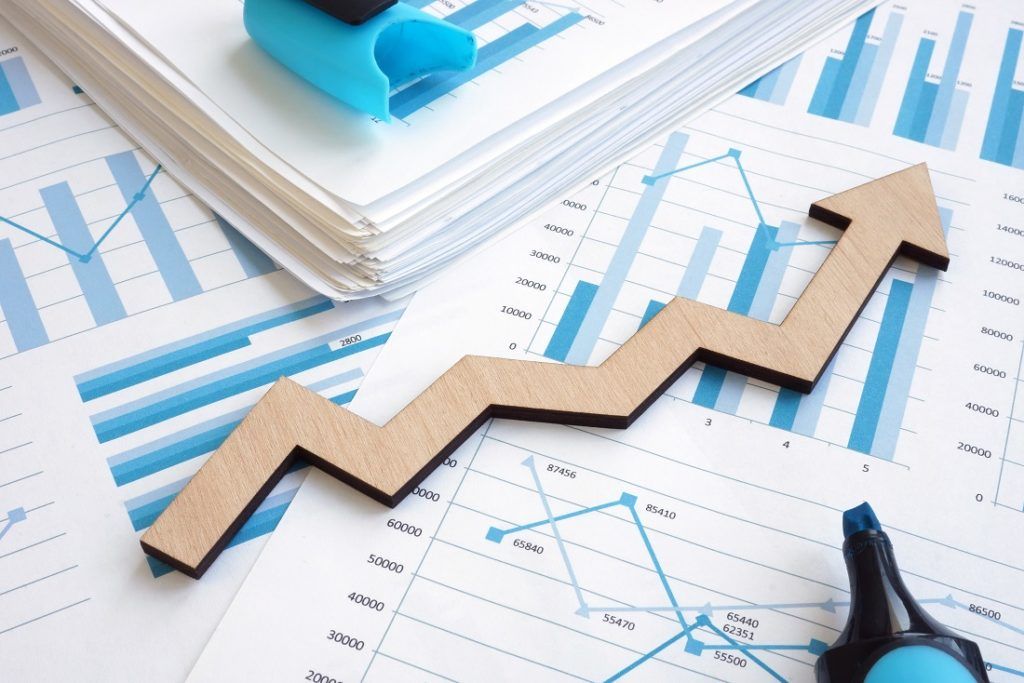President Donald Trump’s robust financial system has exhibited symptoms of slowing down, and the Federal Reserve would be incorrect not to take note. Fourth-sector GDP forecasts now hover within the mid-to-high two percent range—nothing like the 3-to-four percent range we’ve seen this year. Indeed, a number of signs point to a slowdown.
Although the president and the Republican-managed Congress deserve a reward for tax cuts, retaining this country in its 2d-longest postwar expansion and making it appealing to home and foreign funding, the funding spike they added and the consequent economic stimulus they produced have waned, as predicted.
Central bank tightening has been felt worldwide. The Fed commenced decreasing property from its balance sheet in late spring 2016, consequently gradually mopping up liquidity from the market, even because it launched into hobby fee hikes. Increasing public and personal debt levels have also caused tighter economic coverage in Asia, Turkey, and other emerging markets. In the middle of the global boom, the alternative principal was that Europe also noticed the European Central Bank reversing quantitative easing (i.e., primary financial institution asset purchases). Thus, critical bank stimulus is down internationally, and credit has tightened in foreign markets. In addition, the deceleration of change prompted is now not handiest via increasing trade friction, and it won’t assist world growth forecasts.

While deregulation and multiplied oil production have propelled the US to the pinnacle of the sector’s oil-generating countries, the expansionary impact of decreased oil expenses has been countered to a giant volume, with the aid of a more potent dollar — thanks in no small part to Fed price hikes — making U.S. Exports much less aggressive abroad; lower oil expenses additionally have strongly contractionary effects in oil-generating states.
In sum, for domestic and global reasons, a slowdown is probable. If Fed Chairman Jerome Powell needs any reminding, it’s far better to err at a little extra inflation and grow to be with a smooth touchdown.
Poverty is treated as a WMD (weapon of mass destruction) of modern-day international. Eradication of it bears very significance. Economic structures like capitalism and communism have supplied a variety of gadgets for the remedy of poverty in the world. However, these excessive ideologies failed to satisfy the needs of human beings. Private possession of belongings, laissez-faire coverage of capitalism and class struggle, dialectical materialism, and state ownership of assets of communism failed to contact the actual reason for poverty. This scenario necessitates seeking the opportunities of Islamic economics to assuage poverty. The purpose of poverty alleviation can be attained in an Islamic Economic machine by lowering inequality. There is no way to achieve equality but equity and justice within the profits and wealth distribution. Islam eliminates the inequality that arises from an unequal distribution of profits. However, relative inequality emerges from the equitable distribution of earnings and wealth.
First, a part of this text gives a small creation of traditional and Islamic economics. Then, it provides a photo of the current world’s poverty and the Islamic attitude toward poverty. Then, Islamic economic instruments to alleviate poverty, including zakat, sadaqah, and Hasan, gaming, khums, fay, jizya, modaraba, musharaka, prohibition of the hobby, abolition of the extravaganza, prohibition of speculation and hoarding were noted in short. The influence of Islamic economic gadgets on marginal propensity to consume, multiplier, rate investment, and production has been dealt with.
The books and articles I referred to for this newsletter are Dr. Salahuddin Azmi’s Islamic Economics, S. M. Hasanuzzaman’s Economic Function of an Islamic State (The Early Revel in), Towards Understanding the Economic Device of Islam written by Dr.P Ibrahim, and Introduction to the monetary device by Moulavi. M.V. Saleem.
Introduction
Nobody can undermine the importance of economics, a social technology that studies the manufacturing, distribution, exchange, and intake of products and services. This very importance of economics has led to the emergence of different economic systems worldwide, and all of those economic structures claim that they will fetch economic welfare. Those dominant and outstanding economic devices’ failure to accomplish monetary justice, prosperity, the eradication of inequality, and poverty make vital an alternative financial system that can efficiently make starvation-free and poverty-free international.
Definition of Economics
Social scientists have evolved diverse definitions of economics. Lionel Robinson’s scarcity definition of economics is the most commonplace among them. According to Robinson, “economics is technological know-how which researches human behavior as a courting among ends and scarce method that have opportunity makes use of.” This definition is primarily based on two points: the shortage of assets and the never-ending desires. But in fact, the former is a myth. The survey conducted by UNO shows there can be enough assets for 20000 million human beings on the planet. We have the simplest 6000 million on earth residing now. The latter factor, ‘by no means ending wishes,’ is also incorrect because the desire and greed of man are unlimited, but the need is countable and controllable.
Definition of Islamic Economics
As a machine of life, Islam has no longer left any area of human lifestyles without steerage. Whether it’s miles non-secular, man or woman, social, comparatively cheap, or political, Islam gives clean-cut hints. By thinking about the financial suggestions of Islamic sources, Islamic economists have an advanced plethora of definitions. The definition of Islamic economics is derived from steerage given within the fundamental assets of Islamic Shariah: Quran and hadith.